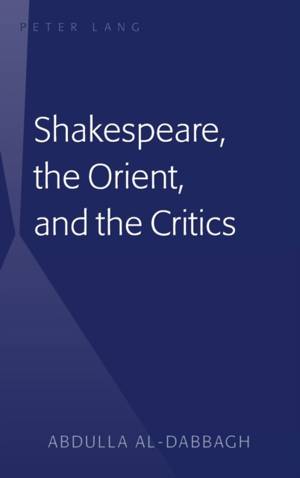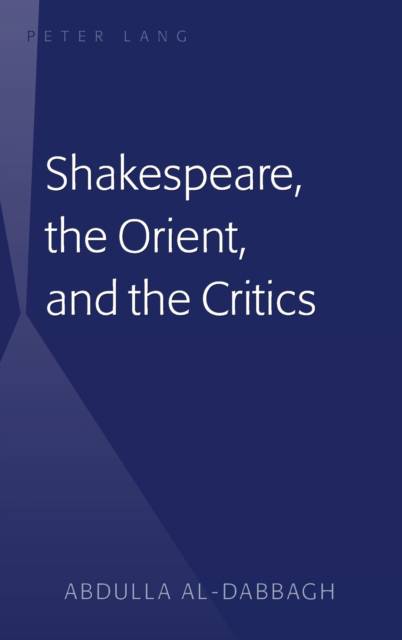
- Retrait gratuit dans votre magasin Club
- 7.000.000 titres dans notre catalogue
- Payer en toute sécurité
- Toujours un magasin près de chez vous
- Retrait gratuit dans votre magasin Club
- 7.000.0000 titres dans notre catalogue
- Payer en toute sécurité
- Toujours un magasin près de chez vous
161,45 €
+ 322 points
Description
Previous criticism has not adequately discussed oriental aspects of the content of Shakespearean drama. In addition to his portrayal of oriental figures (such as Cleopatra, Othello, and Shylock) and his use of literary genres and motifs that have roots in oriental tradition (such as that of the tragic romance in Romeo and Juliet, there are certain key elements in Shakespeare's thought and outlook that can only be properly understood within the larger contribution of the oriental legacy. This legacy has clear relevance not only to the exemplary fate of the lovers in Romeo and Juliet, but also to the destinies of such major Shakespearean heroes as Hamlet and Lear. Shakespeare, the Orient, and the Critics investigates the boundaries of oriental framework within works such as Hamlet, King Lear, and The Tempest. Stylistically, at the heart of Shakespeare's orientalism are two long-recognized features of his dramatic art: his predilection for reversing stereotypes and his sympathy and identification with the alien and the other. This can be most clearly seen in the love tragedies of Othello and Anthony and Cleopatra as well as the romantic comedy of The Merchant of Venice. Ultimately, the philosophic underpinning of such works is a special expression of Renaissance humanism that transcends the boundaries of class, race, and culture.
Spécifications
Parties prenantes
- Auteur(s) :
- Editeur:
Contenu
- Nombre de pages :
- 148
- Langue:
- Anglais
Caractéristiques
- EAN:
- 9781433110597
- Date de parution :
- 02-07-10
- Format:
- Livre relié
- Format numérique:
- Genaaid
- Dimensions :
- 156 mm x 234 mm
- Poids :
- 403 g

Les avis
Nous publions uniquement les avis qui respectent les conditions requises. Consultez nos conditions pour les avis.






